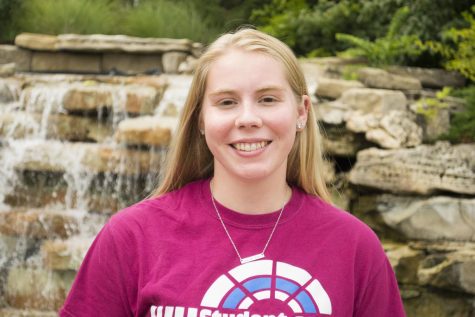Washburn cancels week of classes in effort to reduce spread of COVID-19
March 17, 2020
Washburn is among hundreds of universities across the nation to extend spring breaks and transfer to online education in this time of crisis.
Thursday, March 12, Washburn sent out an announcement to all students and staff stating that all in-person classes would be canceled for the week of March 16 through March 22.
According to the email, the “plan of action is designed to minimize in-person exposure after spring break to align with the estimated COVID-19 incubation period, to allow faculty time to prepare for delivering content remotely and to keep the university open and functioning.”
While campus remains open and faculty are expected to report, social distancing is recommended to contain the outbreak of the virus.
Social distancing is the practice of reducing risk of coming in contact and transferring a virus by limiting close interactions, reducing outings and avoiding large crowds.
According to President Trump’s coronavirus guidelines, it is recommended to avoid gatherings of more than 10 people and is encouraged that individuals refrain from leaving their homes.
March 13, President Donald Trump declared the U.S. to be in a national state of emergency. The same day, the Shawnee County Health Department mandated the closure of all schools for the next two weeks.
These closures have impacted Washburn Tech, which has also canceled classes from March 16 through March 29. March 17, it was announced that all Washburn Tech classes will move online as well.
Alongside classes being canceled, all on-campus events have been canceled through April 4, including all athletics, which have been canceled through the end of the season.
It is currently unknown how long Washburn will remain an online-only university.
In a university email sent to faculty, staff and students, President Farley stated, “We are implementing measures that are challenging and will require all of us to work together to ensure the safety of our community and the continuity of our students’ education. It may not be easy, but I have no doubt we can rise to this challenge.”
Edited by Adam White, Hannah Alleyne



